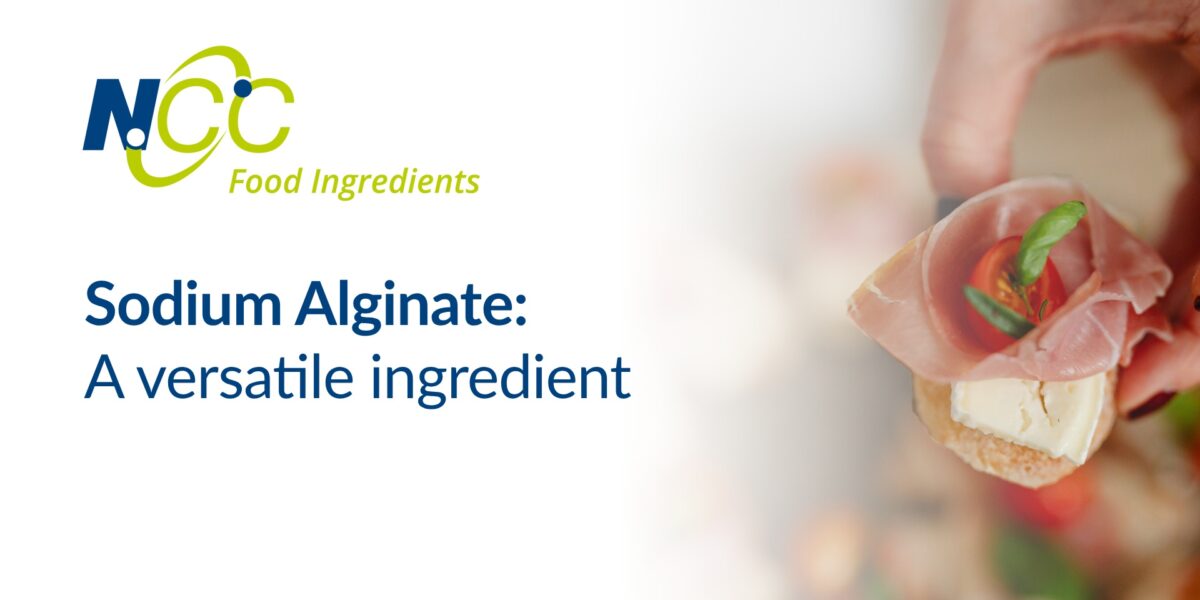Lisa Kelly, Sales Executive, Food Ingredients, looks at the plant-based egg replacement options that are available for food producers.
Many bakery recipes as well as condiments such as mayonnaise, require eggs as an integral part of their creation. With the rise in veganism and flexitarian diets, food producers are increasingly looking for ways to create vegan food products that would traditionally contain eggs. This is quite a challenge since eggs provide several valuable functions, including being used as a binder, as a thickening agent, to emulsify, as well as a leavening agent to coat. The market for plant-based egg replacement has the potential to be big and looks set to grow. According to a report from The Good Food Institute, entitled ‘Plant-based egg alternatives: Optimizing for functional properties and applications’, “the global plant-based egg alternative ingredients market is projected to reach over $1.5B by the end of 2026…”
Not a one fix all approach
There are quite a few different egg substitute options such as VeganEgg, Just Egg, as well as Papondu (soon be on the market) that can be used to make dishes like scramble egg or French toast. However, when it comes to mass production of food products, to date there has not been a one fix all approach, rather it depends on what the final product is, and the specific egg related benefit required. For example, mayonnaise producers have largely used a combination of oil with either a vegetable starch or protein. Increasingly however chickpea broth (the cooking liquid, also known as aquafaba) is being used as a way of thickening and binding. In the case of bakery products and getting an egg like glaze, corn starch mixed with a little water can achieve the result.
In our experience
In our experience to date with assisting food producers to get past the hurdle of not using eggs, we have recommended different approaches depending on the product. For example, in the case of bakery products where whole eggs would be traditionally used, we have recommended either whipping chickpea broth (aquafaba) or utilising starch (potato starch, tapioca starch or corn starch) combined with a little water. In the case of chickpea broth, quantity wise we recommend 1 tablespoon of chickpea broth to replace an egg yolk or 2 tablespoons for an egg white. Replacing a whole egg, it is recommended to use 3 tablespoons. Of course, this is dependent on what other ingredients are present and how they react together in the final product. To give an egg yellow colour for example, turmeric can be used. Another ingredient that can be helpful is Himalayan black salt, this provides an egg-like sulphur flavour, though depending on the product it may not be cost effective for some food producers. Instead, we recommend utilising flavourings from our partner Expressions Aromatiques to provide an egg like flavour. Not only do they provide excellent and stable flavourings which are custom made to fit your product specifications, but they are also cost effective.
Though there is currently no simple way of replacing eggs with a plant-based alternative and it can be time consuming to find the right fit for your product, doing so could be worth pursuing. Benefits could include better stability and shelf life, long term cost saving as well as maximising profits by being able to sell across the board to all consumers.
Can we help?
At NCC Food ingredients we work directly with food producers from reformulation right through to new product development. Regardless if you are seeking to update your product range or create new vegan food products, we can assist. We have the experience and expertise to provide guidance when it comes to getting your product consumer ready.
NCC Food ingredients are an award-winning sourcing provider of functional and innovative ingredients. We recently won Ingredients Supplier of the Year. Our customer base ranges from international producers of foods and beverages to small niche artisan creators of fine foods. For further information fill out the form below and we’ll be in touch.





